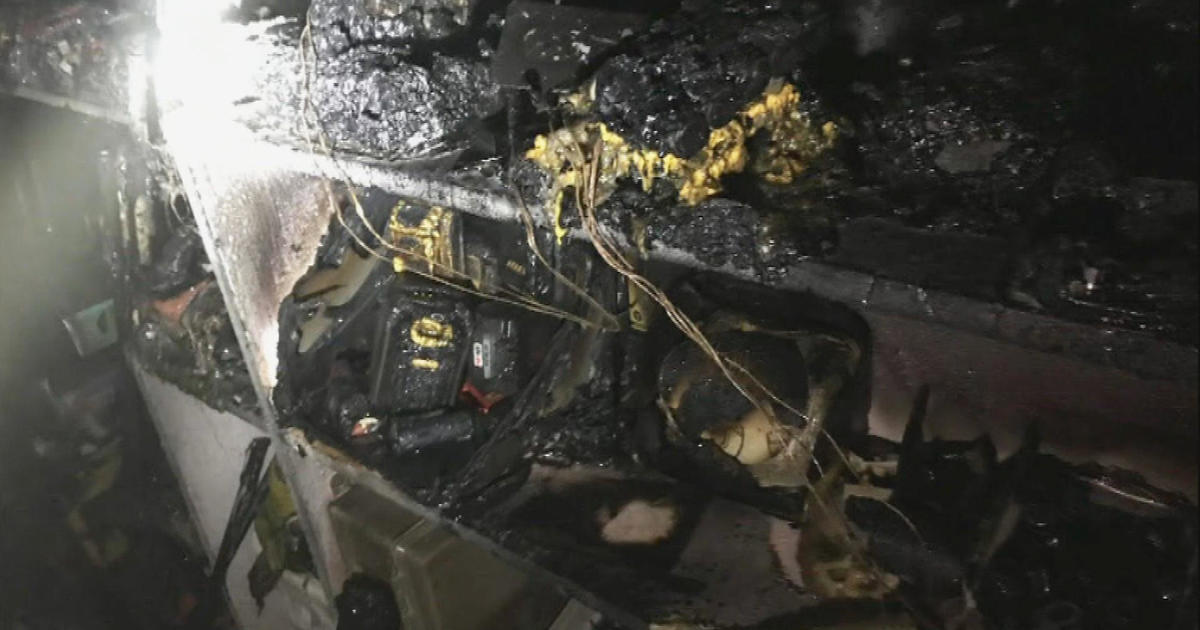Winter Is Coming: How To Prepare For Extreme Weather And Natural Disasters
By Laura Kerekes of ThinkHR
The U.S. has had its share of natural disasters and extreme weather this year. Mother Nature is unpredictable, which is why it's important for companies to be prepared when she hits. At what point do you close the office due to inclement weather? What's the best way to notify your employees? How will it affect their compensation? Here are a few things to consider so your company is ready.
Emergency Preparedness Plans
![]()
We all hope emergency situations are rare, but it's critical to be prepared if and when they do happen. This is particularly the case if an emergency strikes while your employees are at work. Certain weather conditions can be predicted, but earthquakes come without warning. The first step you should take in developing your plan is to identify conditions under which an evacuation would be necessary.
According to the Occupational Safety and Health Administration (OSHA), at a minimum, your emergency action plan must include the following: a preferred method for reporting emergencies; an evacuation policy and procedure; and emergency escape procedures and route assignments, such as floor plans, workplace maps, and safe or refuge areas. You may also designate an "evacuation warden" to assist others in an evacuation and to account for personnel. Once you have the details of your plan ironed out, make sure this is communicated to your employees and be sure to train your teams and hold practice drills. It is hard for people to stay calm and think logically in a crisis, so it is important to help your employees understand emergency safety procedures. Training and practice drills prepare your employees to react quickly and decisively when faced with a real emergency.
You may face situations when it is safer to stay inside, and you should plan for that as well. This is especially true for earthquakes. To prepare, you should learn more about the structural integrity of your office building. Most have been upgraded to handle earthquakes, but if yours hasn't, you should work with your facilities management and risk management team to develop a workable earthquake safety plan. The Federal Emergency Management Agency (FEMA) offers a program called QuakeSmart that includes guidance, training and tools to help businesses prepare and mitigate the risks of earthquakes.
Handling Employee Pay
![]()
The best case scenario for any severe weather or natural disaster is to know ahead of time so you can close the office, and your employees can stay in the safety of their own homes. While this takes the hazards out of the workplace, it can bring another, less life-threatening challenge – compensation. When your business closes early, opens late or closes for the week due to inclement weather, how you pay employees will depend on whether: 1.) They are exempt or nonexempt from the overtime rules under the federal Fair Labor Standards Act (FLSA) or other state pay rules, and 2.) Your company has past practices and policies for dealing with business closures.
For nonexempt overtime-eligible employees, there is no obligation to pay for time not worked. However, under certain state laws, employers must compensate nonexempt employees under call-in or reporting pay laws. These pay requirements vary, so be sure to check your local laws. Since extreme weather is not the employees' "choice," they can either use paid time off or take the time as unpaid. For exempt employees who must be paid on a "salary basis" under the FLSA, they must be paid full salary if they perform any work in a workweek, and in most states the employer may deduct hours from exempt employees' accrued paid time off balances to supplement the full workweek salary. However, the regulations also state that exempt employees are not required to be paid for any workweek in which they perform no work. Therefore, if the office is closed for a full workweek, no pay needs to be compensated as long as no work is performed.
Employers are not required to allow employees to work from home, regardless of their FLSA status. Decisions to allow telecommuting should be based on the feasibility and reasonableness of the type of work the employee can do remotely. As an example, allowing a sales person who spends most of the workday on the phone talking with customers and following up with emails to work from home is reasonable, but it wouldn't make sense for a restaurant server to work remotely if the restaurant is closed. As a best practice, assess remote work feasibility, set work-at-home guidelines and policies based on the nature of the work, and clearly communicate those policies to your employees before there is a closure.
Communicating Office Closure
![]()
Snow days frequently come to mind as the leading cause for office closures, but many scenarios might force employers to send employees home – or ask them not to come in at all. There are no federal or state laws that define how a company must notify employees of office closures, but that doesn't mean it shouldn't be a priority. Implement a standard policy and check-in procedure for all employees, so they know when the business is closed. Text messages, phone trees, website notices or prerecorded messages at a call-in number are all great ways to communicate with employees. Make sure, as part of your policy, employees know which communication method to expect and in what order each method would be used if needed. If Internet access is disrupted, other means of communication should be available. Regardless of what causes the closure, it's important to implement a good policy and check-in procedure for all employees, so they know what to expect to reduce any confusion or anxiety and you know that your employees and their families are safe.
Protecting the health and safety of your employees is Job #1. With the crush of other immediate human resources priorities you face every day, sometimes the "important but not urgent" tasks like updating your disaster plans may be set aside for another day. It's easy to forget that natural disasters and inclement weather can strike at any moment. Let this serve as a friendly reminder and motivation to bump emergency preparedness planning to the top of your list so that you are ready for whatever Mother Nature brings your way.
Laura Kerekes is the Chief Knowledge Officer for ThinkHR, leading the company's HR services delivery teams, including the company's elite group of HR experts and the team responsible for ongoing aggregation and analysis of HR knowledge. Prior to joining ThinkHR, Laura held executive HR officer positions for large multi-national companies.
The views, opinions and positions expressed within this guest post are those of the authors alone and do not represent those of CBS Small Business Pulse or the CBS Corporation. The accuracy, completeness and validity of any statements made within this article are verified solely by the authors.



